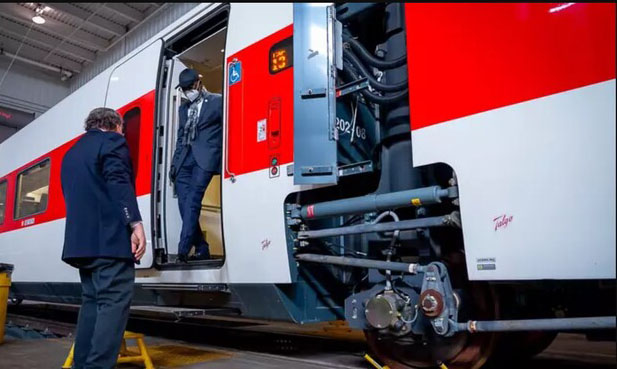The Nigerian economy faced a severe setback in the second quarter of 2023, with losses exceeding N1 trillion.
This alarming decline was unveiled following a breakdown of Gross Domestic Product data released by the Nigerian Bureau of Statistics.
An astonishing total of twenty-six sectors witnessed a contraction during this period, collectively hemorrhaging a staggering N1.16 trillion from their economic value.
The real Gross Domestic Product slumped from N7.69 trillion in the first quarter to a disconcerting N6.54 trillion.
Among the industries that struggled to stay afloat in Q2 2023 were fishing, crude petroleum and natural gas, cement, food, beverage, and tobacco, textile, apparel, and footwear, wood and wood products, pulp, paper, and paper products, non-metallic products, basic metal, iron and steel, motor vehicles and assembly, other manufacturing, construction, accommodation and food services, road transport, and air transport.
Further adding to the economic distress were sectors like post and courier services, publishing, motion pictures, sound recording and music production, arts, entertainment, and recreation, financial institutions, real estate, professional, scientific, and technical services, education, other services, metal ores, and plastic and rubber products.
Recent GDP results from the NBS offered a sliver of hope, with real GDP experiencing a marginal uptick of 0.20 percentage points, reaching 2.51 percent in Q2, 2023, compared to the 2.31 percent recorded in Q1, 2023.
The NBS attributed this modest growth to the persistent economic challenges facing the nation.
However, this resurgence was not enough to erase the scars of the previous quarter when the economy contracted sharply from 3.52 percent in Q4, 2022, to 2.31 percent in Q1, 2023, due to cash shortages.
Also, inflation continued its relentless ascent, reaching a disconcerting 22.79 percent in June, eroding the purchasing power of Nigerians.
Despite these challenges, Nigeria’s GDP growth remains below the International Monetary Fund’s projections of a 3.2 percent growth rate for 2023.
The economic downturn has been attributed to recent reforms, including the removal of fuel subsidies and the unification of exchange rates, which have imposed hardships on businesses.
The Manufacturers Association of Nigeria reported job cuts and reduced productivity, underscoring the ramifications of these changes on the workforce and output.
Speaking on the situation, Segun Kuti-George, the National Vice Chairman of the Nigerian Association of Small-Scale Industrialists, said, “If the GDP decreases, it can trigger job losses. It means that our output is on the decline. It means there is reduced productivity.”
Musa Yusuf, the Chief Executive Officer of the Centre for the Promotion of Private Enterprise, echoed these concerns, stating that economic reforms have cast a shadow over GDP growth.
The road to economic recovery appears challenging, with the nation grappling with a multitude of obstacles that must be surmounted for sustained growth and prosperity.

 Naira4 weeks ago
Naira4 weeks ago
 News3 weeks ago
News3 weeks ago
 Education4 weeks ago
Education4 weeks ago
 Social Media4 weeks ago
Social Media4 weeks ago
 Technology4 weeks ago
Technology4 weeks ago
 Dividends4 weeks ago
Dividends4 weeks ago
 Investment4 weeks ago
Investment4 weeks ago
 Economy4 weeks ago
Economy4 weeks ago























